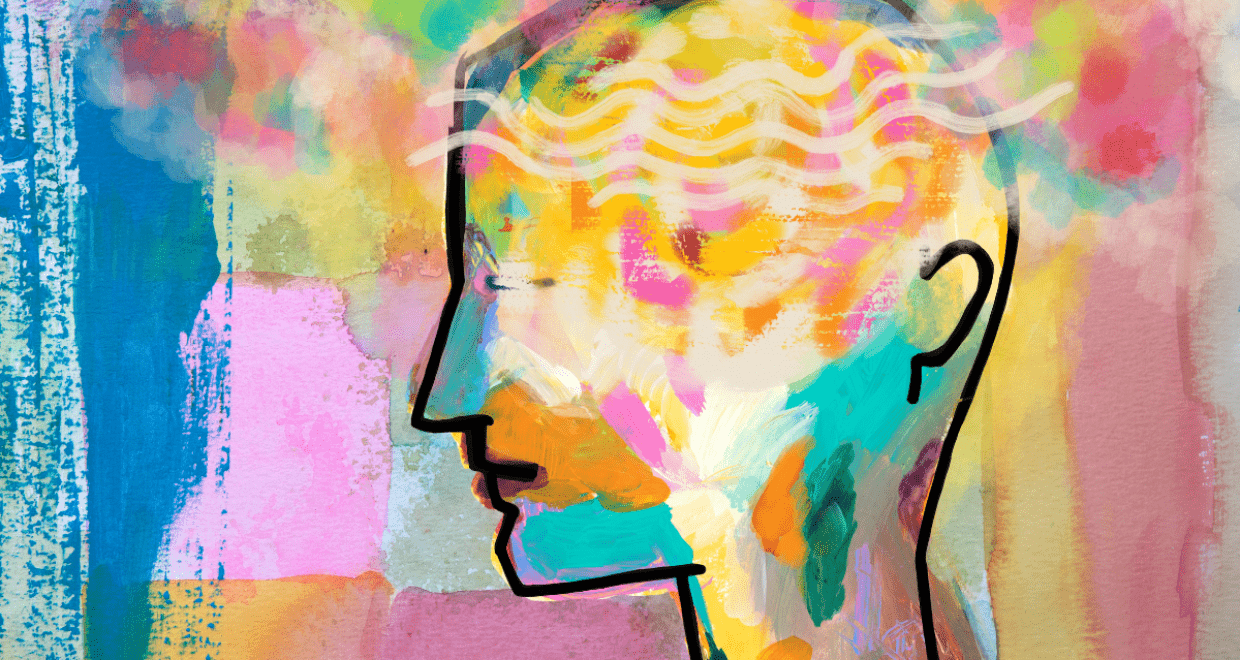Ode to the Powerless: Bessie Head’s ‘A Question of Power’ through a Personal Lens
This edition of Muses – the arts blog from BJPsych International – features a blog by South African writer and scholar Nkateko Masinga reflecting on the influence of Botswana’s writer Bessie Head.
No work in the corpus of African literature dealing with the theme of madness . . . captures the complexity and intensity of the insane mind as does Bessie Head’s A Question of Power. Bessie Head’s thrust into the insane mind and her ability to speak the highly symbolic language of madness derives, it seems, from a combination of the painful personal experience of mental aberration and an interest in psychoanalytical theories.
— Adetokunbo Pearse in “Apartheid and Madness: Bessie Head’s A Question of Power”
No writer’s life and work has had a more profound impact on me than that of Bessie Head, a woman who was born in a psychiatric hospital in South Africa, raised in foster care and later exiled to Botswana, a country she simultaneously loved and hated. By the time she died in 1986, Head had published several novels, including A Question of Power, which she described as “almost autobiographical” in its account of the life of Elizabeth, a woman in the midst of a psychological crisis against the backdrop of her country’s political struggles. I am afraid of reading this novel again because of how vividly it evokes a memory from my medical school days, of a psychiatric evaluation with a patient exhibiting dissociation symptoms and who was later diagnosed with comorbid schizophrenia and dissociative identity disorder.
When a patient is hallucinating and experiencing delusions, a healthcare provider must note the senses in which the hallucinations are being perceived and the nature of the delusions. In the case of my patient in medical school, the delusions were persecutory and grandiose. The hallucinations were visual and olfactory. In light of what this patient believed about our country and the danger she was in, it made sense to me why she isolated herself and refused to see visitors. In similar ways, I could relate to Elizabeth and by extension, to Head.
A Question of Power took me into the depths of Elizabeth’s mind in a way that was so dizzying that I kept paging ahead, trying to find reprieve in dialogue where she was not being controlled or abused by her mental captors and sexual abusers, Sello and Dan. By dramatising Elizabeth’s psychotic experiences, Head shows us that abuse does not end when a victim is no longer in the presence of their abuser. Even when she was alone, Elizabeth’s mind and body were being violated.
I approach Head’s work with a reverence born from my failure to separate her characters from people I have met and closer to home, myself. I see myself in them and I want to understand the topography of their aches. I want them to heal because I want to heal. I grapple with powerlessness daily and it is only by writing that I can fight back, for myself and for them.
Read more about Bessie Head and her writing.
- A Question of Power (Heinemann African Writers Series): Amazon.co.uk: Head, Bessie: 9780435907204: Books
- Bessie Head – Wikipedia
- Madness and Spirituality in Bessie Head’s A Question of Power : Centre for African Studies (LUCAS) (leeds.ac.uk)
- Bessie Head: A Life of Letters (popula.com)
Welcome to Muses – the arts blog from BJPsych International. Launched in March 2022, this new blog aims to highlight international art and artists, particularly from low-and-middle-income countries, with a focus on mental health. We welcome submissions for consideration, such as, comments on artwork, visual arts, literature, drama, films, podcasts, and videos. Do have a look at the instructions for blog authors for details on how to submit. General enquiries about the blog: BJPInternational@rcpsych.ac.uk
Professor David Skuse, Editor-in-Chief, BJPsych International







Bessie Head’s life was truly one of mental strife but also filled with so many joyful moments. Such is life. Thank you so much for reflecting on her life in such a bare manner.